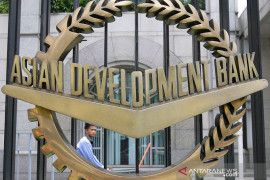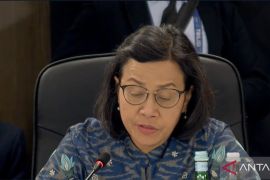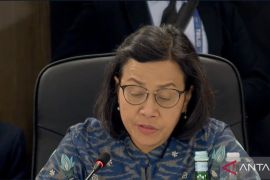"Domestic consumption will be the main factor that will support Indonesia`s economic growth in 2013, followed by a high investment rate. Domestic consumption growth is predicted to reach 23 percent and investment growth will likely touch 30 percent," he said here on Monday.
"This year, Indonesia has seen strong growth in investment. It has been ranked fourth globally as an investment destination, with only the United States, China and India being ahead of it, Edimon stated.
Therefore he expressed optimism that the investment rate in Indonesia would reach 25-30 percent next year.
"With regard to export and import of consumption products, Indonesia will see improved exports and decreased imports," Edimon said.
The Central Statistics Agency (BPS) earlier said total exports in the nine months to September 2012 fell to US$143 billion, down 6.06 percent from the same period last year. Total exports in the January-September 2012 period accounted for 70.44 percent of the government-set target of US$203 billion for this year.
In contrast, imports during the year to September rose to US$141.97 billion, up 9.18 percent from the same period last year. Consequently, Indonesia recorded a trade deficit for the fourth straight month in July 2012.
Indonesia`s trade deficit was US$641.1 million in April, US$$489.5 million in May, US$1.33 billion in June and US$176.5 million in July. The country recorded a trade surplus of US$248.5 million in August and US$552.9 million in September.
"The increase in imports was due to the high demand for capital goods, which in turn was a result of strong investment," Edimon explained.
Vice Trade Minister Bayu Krisnamurthi said the import of capital goods grew 28.6 percent in the first eight months of 2012, compared with the same period last year. Meanwhile, the import of raw materials grew 6.9 percent.(*)
Editor: Heru Purwanto
Copyright © ANTARA 2012











